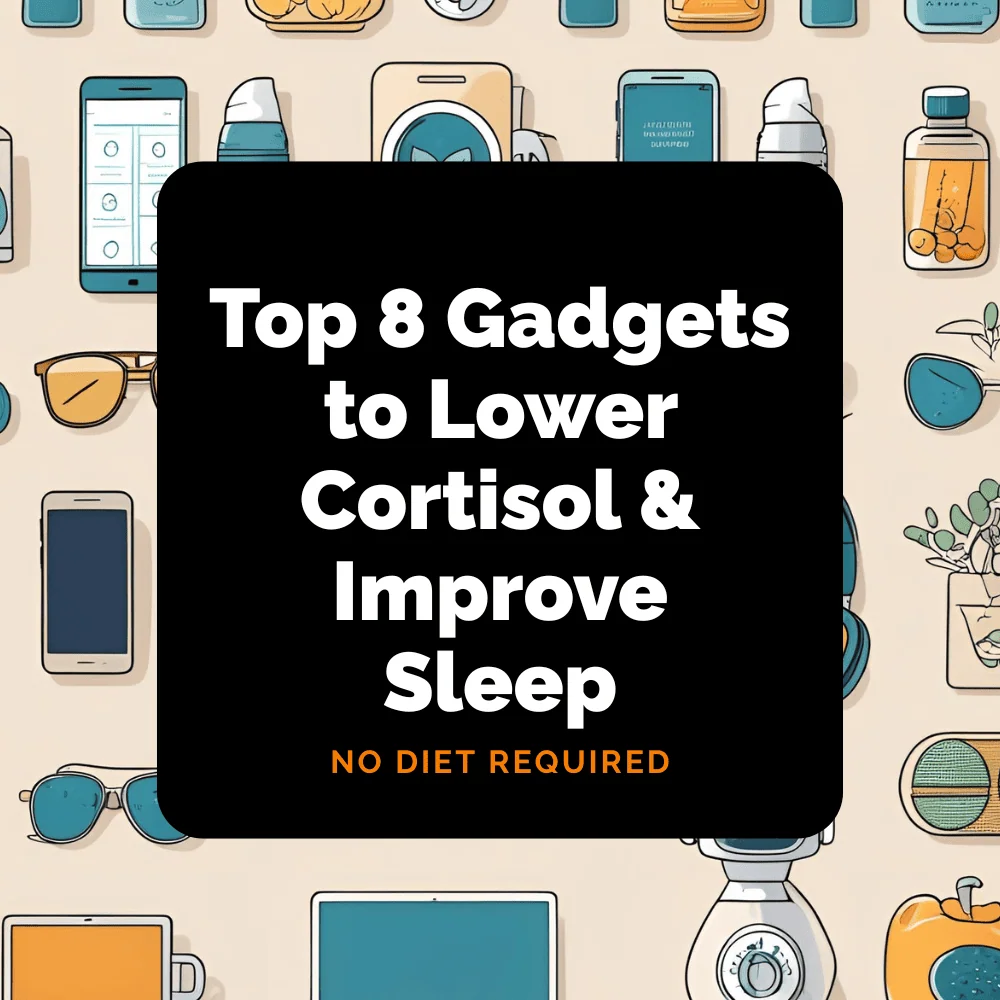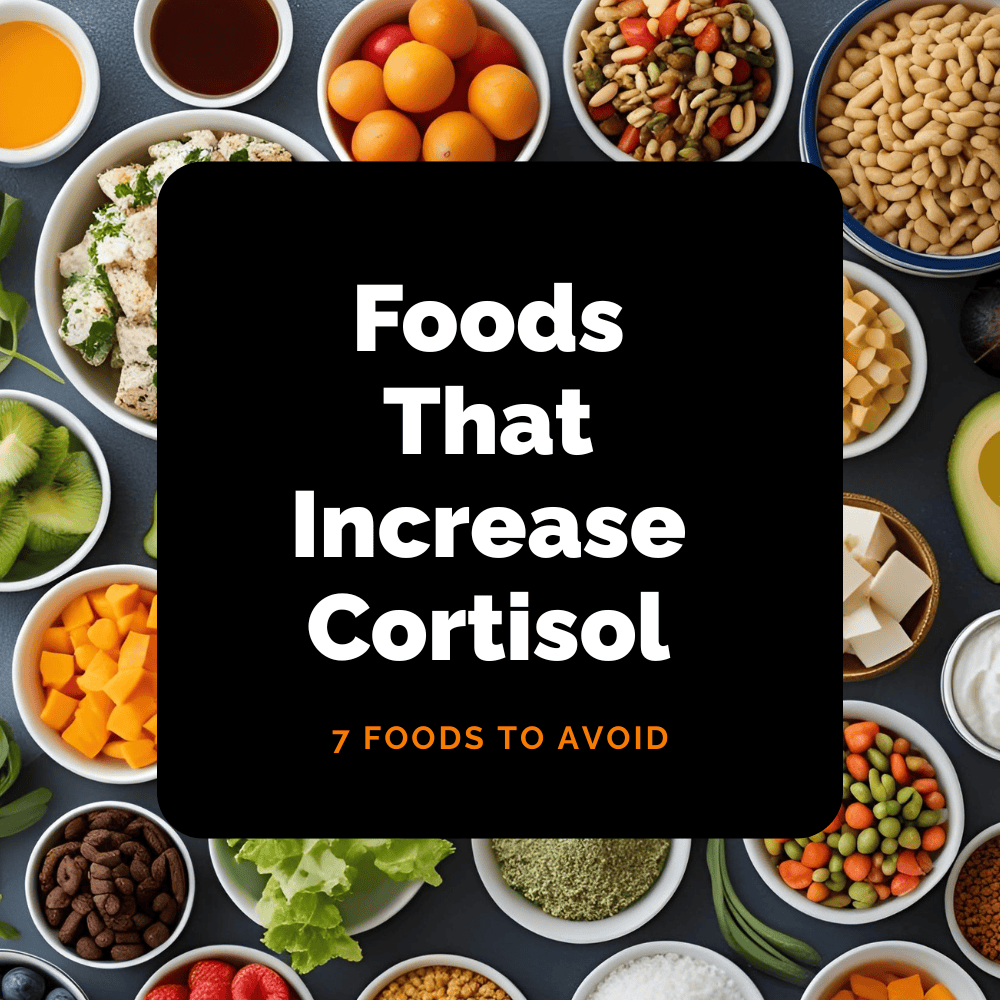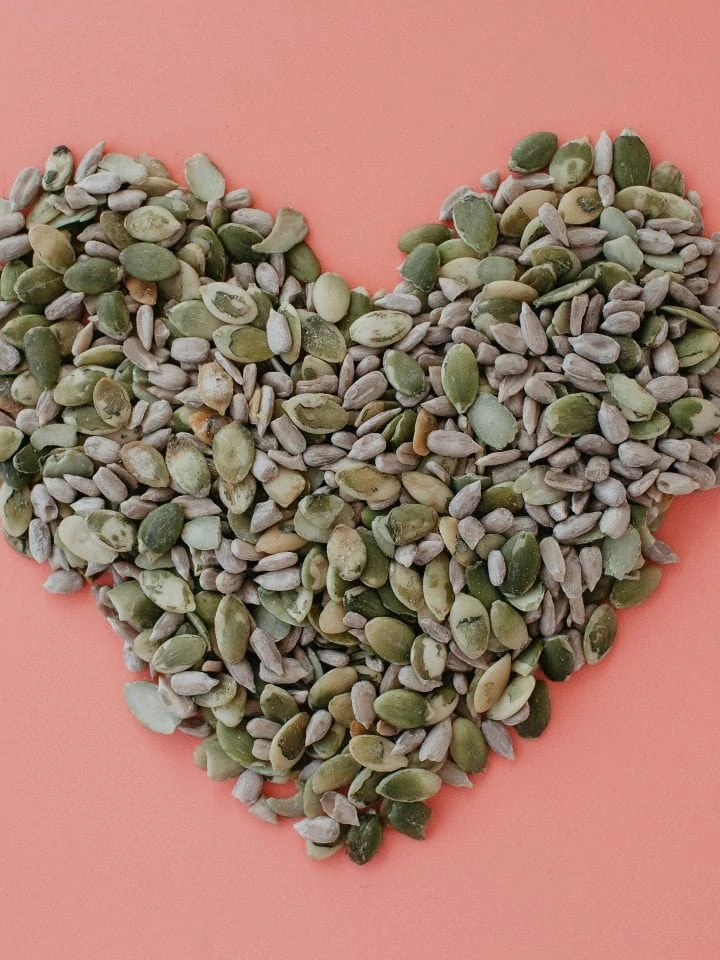From poor sleep to endless work demands, chronic stress has become an unavoidable norm in our fast-paced society. While short-term stress can be adaptive, helping the body respond to immediate challenges, prolonged stress can trigger excessive production of cortisol. Cortisol is the body’s stress hormone that aids the regulation of metabolism, circadian rhythms, and blood sugar levels.
However, when cortisol levels remain elevated over time, it can cause serious health issues such as weight gain, insomnia, hormonal imbalances, a weakened immune system, and an increased risk of chronic diseases such as hypertension and type 2 diabetes. While lifestyle strategies like mindful breathing and physical activity are beneficial, a balanced approach to nutrition is also crucial. This involves not only eating well but also avoiding foods that increase cortisol levels. Alongside these strategies, certain natural supplements have been shown to help further decrease cortisol levels.
These supplements work by supporting adrenal function, improving sleep quality, decreasing inflammation, and strengthening the body’s ability to cope with stress. In this guide, we will explore the top 8 supplements that support cortisol reduction and how they can boost overall well-being. Read along!
Top 8 supplements for lowering cortisol levels

1. L-Theanine
L-Theanine is a non-protein amino acid that is potent in promoting calm without causing drowsiness. L-theanine is a supplement studied for its potential to reduce cortisol, and it is known to aid the production of alpha waves, which are associated with a state of relaxed alertness. This helps to reduce the effects of severe stress. Moreover, L-theanine helps to calm the fight-flight response of the body to stress, reducing the risk of cortisol spikes, especially during overstimulation.
Another reason why L-theanine is beneficial for stress is that it aids the regulation of neurotransmitters such as dopamine and serotonin that are responsible for focus and emotional balance. This helps to maintain mental capacity, keeping cortisol levels under control.
2. Ashwagandha
The unique benefits of ashwagandha for stress make it a standout supplement for the management of cortisol levels naturally. Ashwagandha has been used for decades in Ayurvedic medicine to support hormonal balance and bring calmness to the nervous system. Ashwagandha is well-known for helping manage symptoms of chronic stress and is studied for its potential to alleviate symptoms associated with generalized anxiety disorder (GAD). It works by lowering the excessive stimulation of the nervous system, which helps to prevent elevated cortisol levels.
High cortisol levels often interfere with sleep. Ashwagandha can help to boost sleep quality, helping individuals fall asleep and stay asleep. Better sleep aids the balance of cortisol levels. Moreover, ashwagandha can help improve focus and boost mental clarity, helping to reduce the effects of heightened cortisol levels.
3. Gamma-aminobutyric acid (GABA)
Chronic stress increases activity in the HPA (hypothalamic-pituitary-adrenal) axis and sympathetic nervous system, leading to high levels of cortisol. Within the brain, Gamma-aminobutyric acid (GABA) plays a major role in slowing the stress response, and GABA supplements are believed to support this calming effect in the body. This also helps to decrease emotional and mental stress that triggers cortisol release.
By soothing overactive brain neurons, GABA can help decrease racing thoughts, boost mental clarity, and promote emotional stability, especially when experiencing chronic stress or anxiety. This supplement can also help to prevent and decrease daytime anxiety and stress-induced insomnia.
4. Omega‑3 Fatty Acids
Omega-3 fatty acids, particularly EPA (eicosapentaenoic acid) and DHA (docosahexaenoic acid), are crucial polyunsaturated fats that possess powerful anti-inflammatory, brain-boosting, and heart-protective qualities. Omega-3 fatty acid supplements can help decrease systemic inflammation, which is a factor that may contribute to the regulation of cortisol.
Chronic cortisol can cause certain parts of the brain such as the hippocampus to shrink. DHA can help maintain neuronal integrity, protecting memory performance. Additionally, EPA (eicosapentaenoic acid) and DHA (docosahexaenoic acid) are beneficial for the production of serotonin and dopamine, neurotransmitters that are important for motivation and mood. This can help reduce fatigue and anxiety that is associated with high cortisol levels.
5. Vitamin C
Unlike animals, the human body is unable to produce vitamin C internally, which means that it must be obtained through supplementation and diet. The adrenal glands depend on vitamin C to produce hormones, including cortisol. Adequate vitamin C aids the function of the adrenals, aiding cortisol regulation.
Elevated levels of cortisol can suppress the function of the immune system. Vitamin C supplementation can strengthen immune system response and support recovery after illness and intense exercise, both of which can negatively affect cortisol levels. Moreover, vitamin C is a powerful antioxidant that aids the elimination of free radicals, preventing hormonal imbalance and inflammation.
6. Probiotics
When gut health is compromised due to stress, illness, or poor diet, the gut-brain communication can become dysfunctional, contributing to excess cortisol production and inflammation. Probiotic supplements support healthy gut flora, preventing the overproduction of cortisol due to chronic stress and boosting the absorption of nutrients like B vitamins and magnesium.
Probiotics help to reduce inflammatory cytokines that are involved in stress-related diseases. Moreover, some probiotic strains aid the production of dopamine, serotonin, and GABA, supporting mood regulation and reducing stress. This can help keep cortisol levels in check. Probiotic strains such as Bifidobacterium longum and Lactobacillus helveticus are being studied for their potential to help decrease cortisol levels and calm the nervous system.
7. Magnesium
Magnesium is a vital mineral that the body utilizes for over three hundred enzymatic reactions that are important for muscle function, energy production, and nervous system regulation. Magnesium, especially glycinate, helps to regulate the HPA (hypothalamic-pituitary-adrenal) axis, helping to stabilize the release of cortisol in response to stress. Studies show that magnesium supplementation can boost sleep efficiency.
Supplementing magnesium for the reduction of cortisol levels can help boost the activity of Gamma-Aminobutyric Acid (GABA) receptors, bringing a calming effect on brain activity and decreasing cortisol spikes that are caused by anxiety. Moreover, magnesium acts as a natural calcium channel blocker, helping to promote relaxation.
8. Phosphatidylserine
Phosphatidylserine is a natural phospholipid that is present in the membranes of the brain cells, and it is important for stress and cognitive function. Phosphatidylserine may aid the modulation of cortisol secretion, which can help blunt the body's stress-induced cortisol response. Phosphatidylserine also helps to maintain healthy neuronal membranes, helping the brain maintain optimal function when under stress. It promotes neurotransmitter signaling, helping to maintain mental clarity, memory, and attention.
Moreover, phosphatidylserine can help decrease cortisol responses and boost mood, especially in individuals experiencing mental stress. By decreasing cortisol levels, phosphatidylserine can help regulate the body’s stress response and promote faster recovery after physical activity.
Conclusion
Chronic stress raises cortisol levels, which can lead to complicated issues such as sleep deprivation, hormonal imbalance, and hypertension. Supplements such as ashwagandha, Vitamin C, L-theanine, magnesium, and omega-3 fatty acids can help lower cortisol. Moreover, each supplement provides unique benefits that support stress reduction, mood stabilization, reduced inflammation, and improved sleep.

A writer passionate about wellness, nutrition, and intentional living. She creates engaging, research-based content that empowers readers to live healthier lives. Through every article, she brings clarity, inspiration, and a touch of everyday practicality. Read more about Juliana.







Comments
No Comments